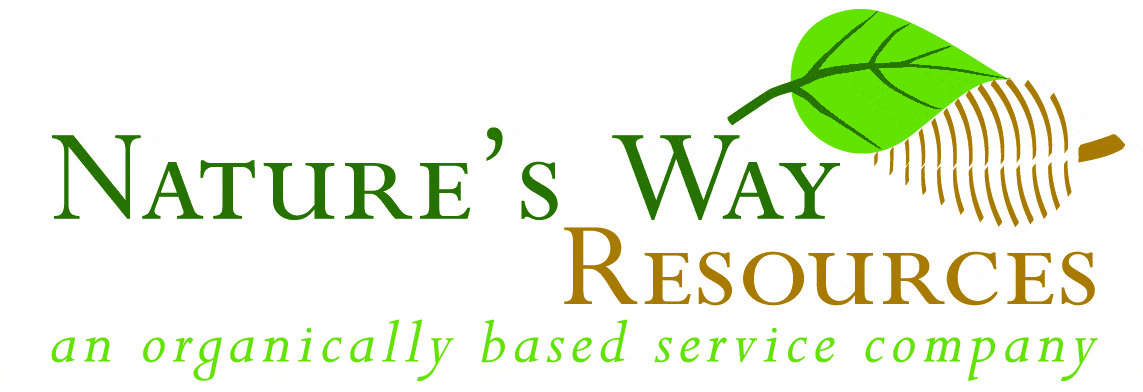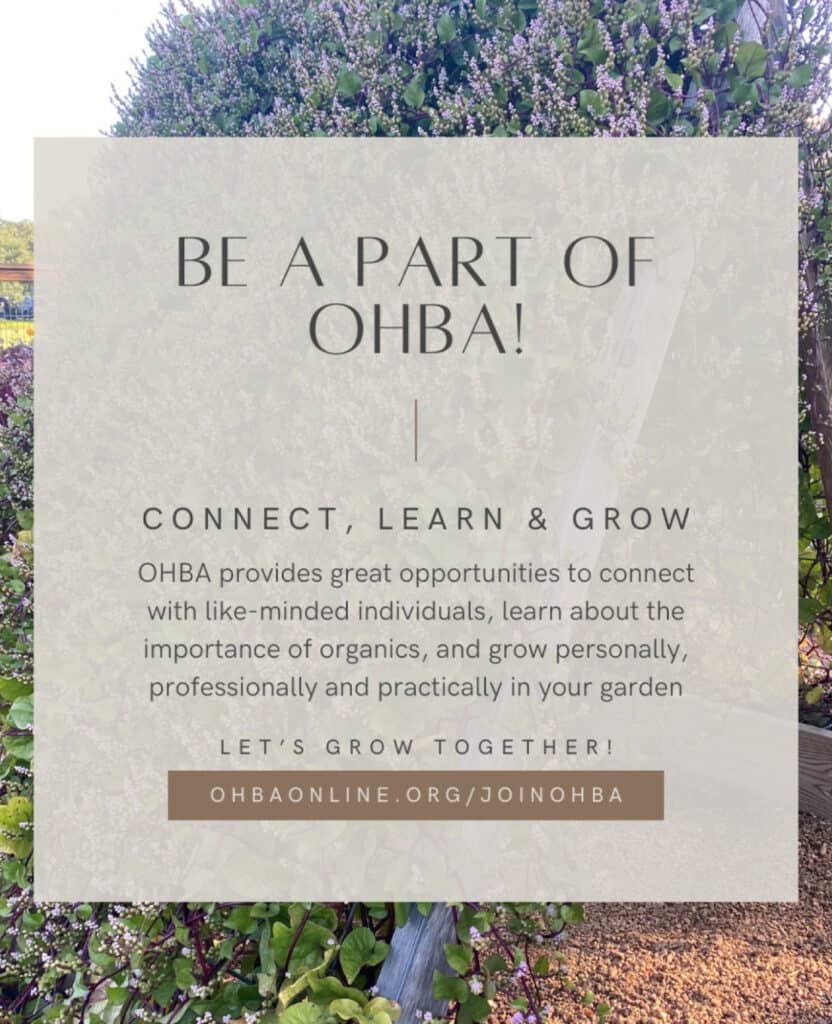John's Corner:
Soybean Meal
By: John Ferguson
This week I want to talk about what was once a good organic fertilizer and still is if organically grown and processed.
Soybean meal goes by several different names depending on the brand and seller (soybean oil cake, soya bean meal, soybean oil meal, and a couple others). Soybean meal is used mainly as animal feed due to its high protein content that can be up to 48% crude protein. Many gardeners get their soybean meal at feed stores where it is a common item that is sold in 50 pound bags and less costly than at a garden center.
The soybeans are ground, dried and heated to extract the oil and the solid residual is known as soybean meal. It is generally yellow or brown in color. One of the benefits of soybean meal is that it is very high in nitrogen for an organic fertilizer often reaching 7%. Soybean meal has a typical analysis of 7-1.5-1 (N,P,K) and is a naturally a slow release fertilizer. Typical use is 1-2 pounds per 100 square feet of garden. Many gardeners like it due to its slow release nature as they only have to apply it once per year. Soybean meal is not water soluble hence does not leach and pollute waterways like artificial fertilizers.
Several university studies have found that soybean meal has a natural herbicidal effect when first applied preventing the germination of many small seeds. The University of North Carolina found that collards, lettuce, and turnips had a 50% reduction of seed germination when soybean meal was applied at the rate of two pounds per 100 square feet. Other research has shown that soybean meal under plastic mulch can burn roots of transplants, inhibiting growth and leading to plant death. This can easily be prevented by applying a few weeks before planting and allow the microbes to break it down into harmless forms.
Soybean meal is often used for plants that have a high nitrogen (N) requirement (i.e. corn) or used as nitrogen source in composting.
In today’s society there are two major problems with soybean meal. First, Soy beans used to be processed by benign methods, however today toxic chemicals are used like the solvent hexane. Hexane is the most common method today and is an environmental pollutant, a non-biorenewable resource, is extremely flammable, it poses numerous health risks including being a suspected carcinogen, and it is regulated as a hazardous air pollutant.
Secondly, 90% of the soy beans grown in the USA are genetically modified (GMO’s) and are considered by more and more researchers as some of the most dangerous foods one can consume. They are now illegal to grow in many countries due to the problems they cause and in many other countries they must be labeled as Genetically Modified before they can be sold.
A couple years ago I remember reading a couple reports on GMO grains, one by the Center for Disease Control and the other from Rutgers or maybe Purdue University. They found that animals that ate GMO grains like soy or corn, had a 65% spontaneous mis-carriage rate! I read reports and studies almost daily in my books, journals and newsletters on the dangers and health problems caused by GMO foods.
I am going to get on my soap box for a moment: as a Christian and a American, I believe in the principle of “freedom of choice” and without labeling there is no choice. Many of our politicians (both parties) believe that campaign contributions from Agri-business are more important than the safety of our food supply, the wishes of their constituents and the principles of our constitution and faith. Polls have repeatedly shown that over 90% of all Americans want labeling.
SUMMARY:
Soybean meal is a good organic fertilizer if it is certified as “Organic”. If not certified as organic I would advise not to use it as there are many other safe choices.
PROS:
– good source of major nutrients
– contains some minor and trace elements
– feeds soil microbes
– does not affect soil acidity
– increases soil organic matter
– naturally low in salts
– only apply once per year
– doesn’t leach and pollute
CONS:
– most likely GMO (unless certified organic)
– not water soluble
– may contain BT poison from genetically modified varieties (GMO)
– not approved for organic production unless certified organic.

